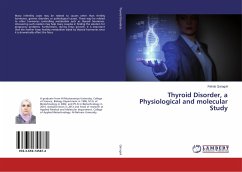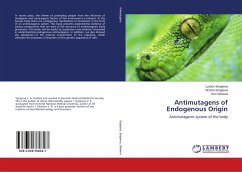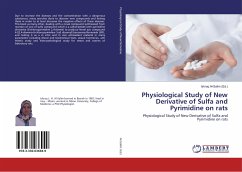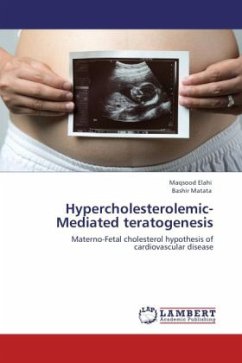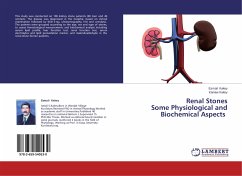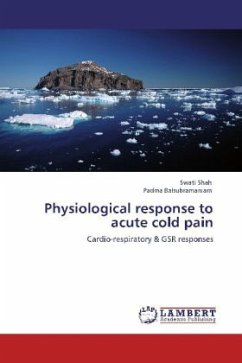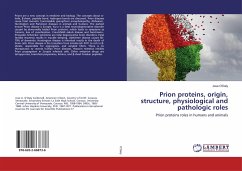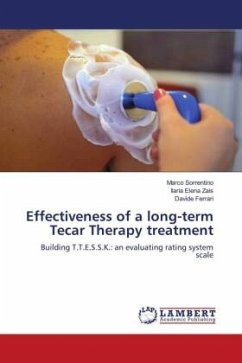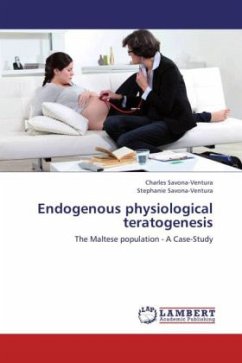
Endogenous physiological teratogenesis
The Maltese population - A Case-Study
Versandkostenfrei!
Versandfertig in 6-10 Tagen
25,99 €
inkl. MwSt.

PAYBACK Punkte
13 °P sammeln!
Type 2 diabetes mellitus has had proponents proposing a genetic causation, others preferring to consider this adult-onset disease as having its origins in foetal life. The Maltese island population in the Central Mediterranean is an excellent population, because of its rather closed structure, to study in regards to long-term and familiar associations. The present work looks at the inter-relationship of nature versus nurture in regards to the aetiology of Type 2 diabetes. A strong foetal and infant nutritional role in the aetiology is noted allowing for the proposal of targeted long-term lifes...
Type 2 diabetes mellitus has had proponents proposing a genetic causation, others preferring to consider this adult-onset disease as having its origins in foetal life. The Maltese island population in the Central Mediterranean is an excellent population, because of its rather closed structure, to study in regards to long-term and familiar associations. The present work looks at the inter-relationship of nature versus nurture in regards to the aetiology of Type 2 diabetes. A strong foetal and infant nutritional role in the aetiology is noted allowing for the proposal of targeted long-term lifestyle intervention programmes which aim to influence the development of the disease starting from intra-uterine life and maintained lifelong in individuals identified as high risk.



